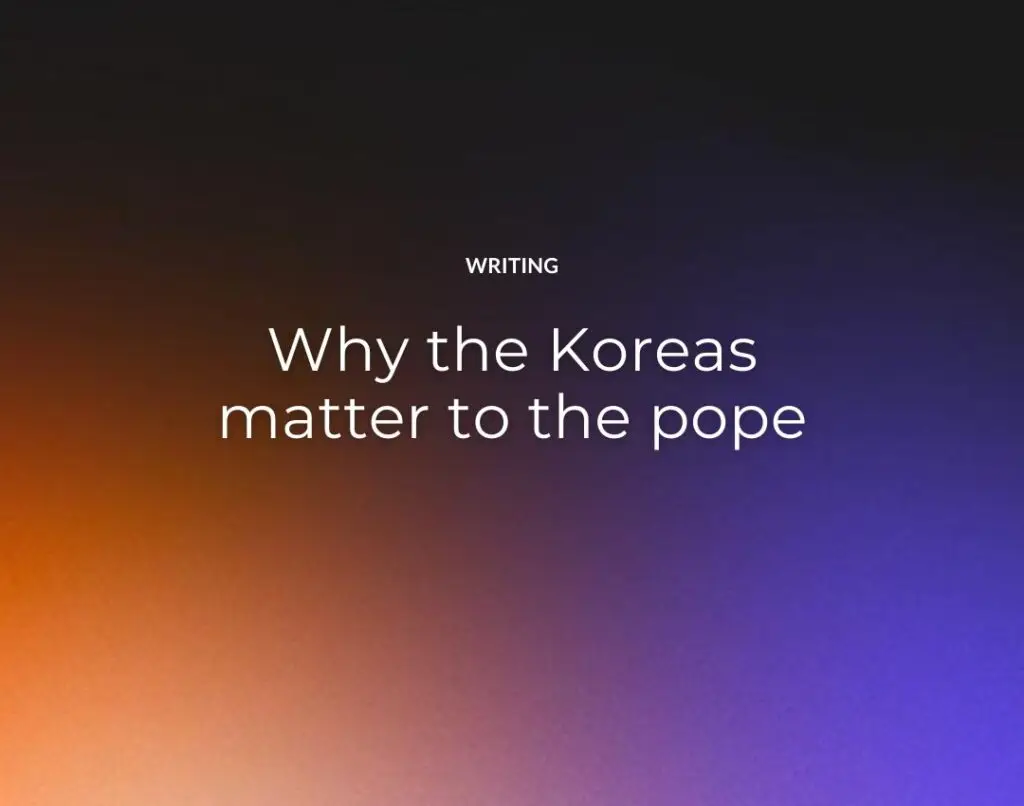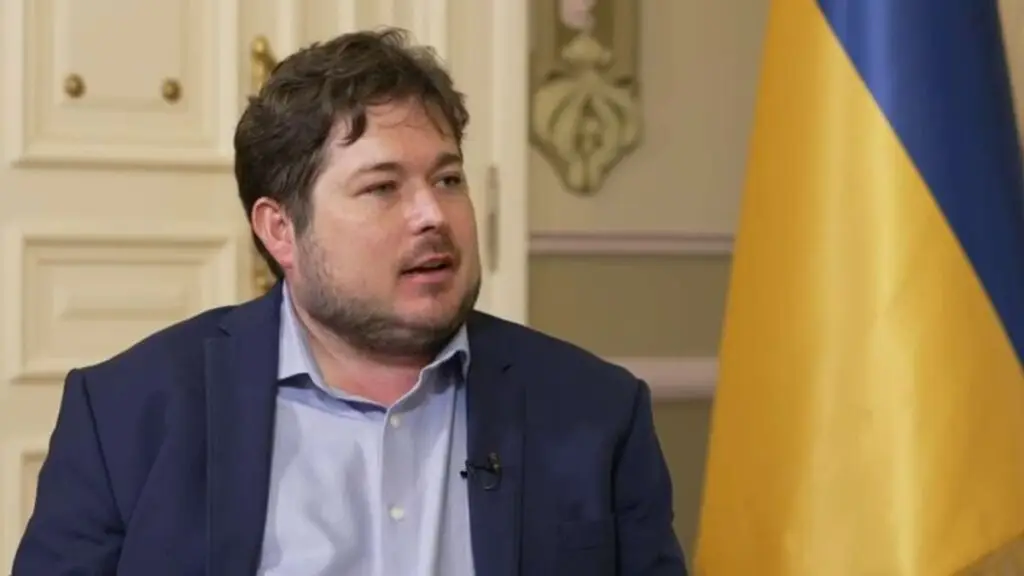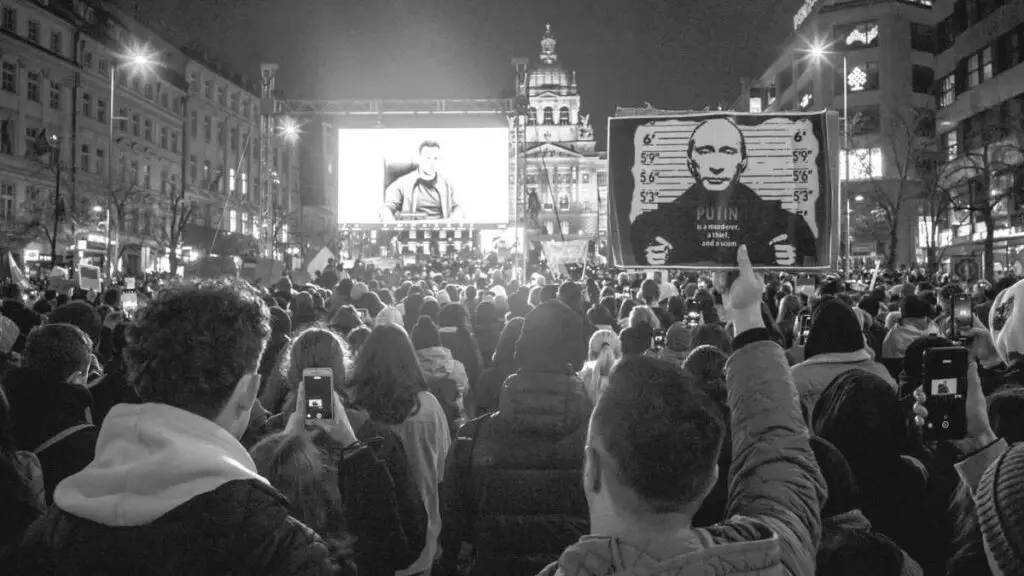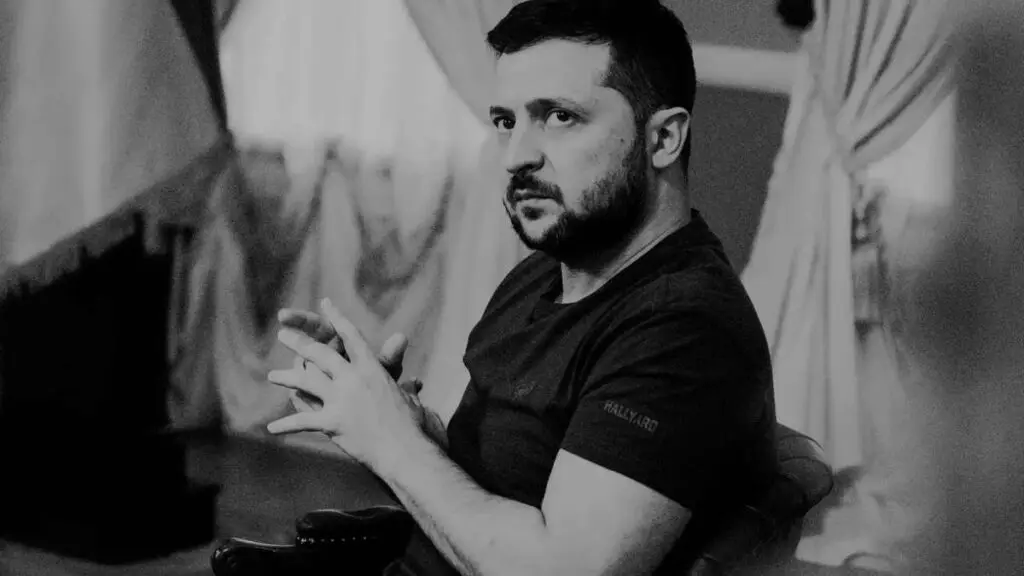By Geoffrey Cain
PRI’s The World
Aug 18, 2014
SEOUL, South Korea — North and South Korea have been divided for more than six decades, but on Monday Pope Francis moved his followers with a final prayer during Mass: It’s time to find a path to peace on the Korean peninsula, and to reject the “mindset of confrontation and suspicion” that plagues both sides.
His words reverberated across this Asian nation where nearly one-third of the population subscribes to Christianity. Evangelical mega-churches, Gothic cathedrals, and street-side missionaries — blaring messages of salvation through loudspeakers — stick out amid the concrete jungle of Seoul.
It’s a far cry from North Korea, where unsanctioned religious gatherings are outlawed, and the consequences of getting caught are dire. On Sunday, the pontiff expressed hope for better ties with China and North Korea, two nations that have no formal relations with the Holy See.
On paper, North Korea’s constitution grants freedom of belief. In global religious freedom rankings, the garrison kingdom typically sits near the bottom. According to official propaganda, the founding father of the nation, Kim Il Sung (grandfather to current dictator Kim Jong Un), is the only figure worthy of true worship, ruling his people from the grave.
The pope’s visit “has helped to raise international awareness on the situation facing North Koreans,” said Benedict Rogers, East Asia team leader at Christian Solidarity Worldwide, a UK-based nonprofit. “To what extent the message will be known in North Korea is unclear, but it will be heard by the regime.”
Charity groups in China, not far from the North Korean border, risk prison time, torture and deportation for helping refugees escape. In recent weeks, Beijing has been stepping up the pressure with a crackdown on alleged underground churches, forcing many to flee.
When alleged missionaries land in North Korea — usually on tourist or business visas — the government has a habit of detaining them, even if it means hurting chances at rapprochement with powerful archenemies, the US and South Korea.
Currently, three American visitors are in North Korean hands, two of them on religious charges.
One of them, Korean American Protestant pastor Kenneth Bae, is serving a 15-year hard labor sentence on charges of attempting to overthrow the state through “Operation Jericho,” a Christian plot allegedly run out of his church in China.
Another, Jeffrey Fowle, was arrested in May at the Pyongyang airport after visiting the country with a tour group. Authorities accused the American tourist of intentionally leaving a Bible in a bathroom wastebasket, Reuters first reported.
The number of fervent American churchgoers entering North Korea is small compared to the believers already inside. In a 2002 report to the United Nations Human Rights Commission, North Korea tallied 12,000 Protestants and 800 Catholics, the most recent self-reported figure in a country now home to 25 million people.
Some South Korean church groups balk at the estimate, claiming the number to be closer to 100,000 Christians.
Whichever report is more accurate, it’s surprising there aren’t more frequent reports of crackdowns against underground churches, said one church leader who assists defectors in northeast China but who asked not to be named.
Since the regime runs a system of near-total control, it’s likely that North Korean security agents occasionally tolerate the presence of underground churches, eavesdropping on them for incriminating intelligence and then rounding up suspects when the timing is right, he said.
This anti-religious authoritarianism is a huge change from a century ago, when Pyongyang was called the “Jerusalem of the East” for its evangelical fervor.
After North and South Korea were divided in the 1940s, many Christians in the newly communist North fled to the American-supported South, escaping arrest, imprisonment or certain death. Today, South Korea sends the second largest number of missionaries around the world — behind the US.
While unsanctioned Christian gatherings may be outlawed, the regime tolerates some activity. Pyongyang is home to four state-approved churches. A small population of foreign diplomats, aid workers and businesspeople attend them. A handful of North Korean worshippers, too, can be seen at the services, say erstwhile attendees.
“Generally speaking, North Korean churches, even within their status as a form of propaganda, nonetheless have a small population of old-timer, pre-Korean War Christians,” said Hae Kwon Kim, a theology professor at Soongsil University in Seoul who attended North Korean services.
He believes the government exploits the presence of North Korean Christians for political purposes. “North Korea’s sanctioned Christians also help coax a lot of material aid from the South,” he said. “Churches in the South continuously provide financial assistance to their counterparts in the North. In this sense churches perform a kind of civil diplomacy.”
Max Kim contributed reporting.
The article was originally published in PRI’s The World
See Also:






